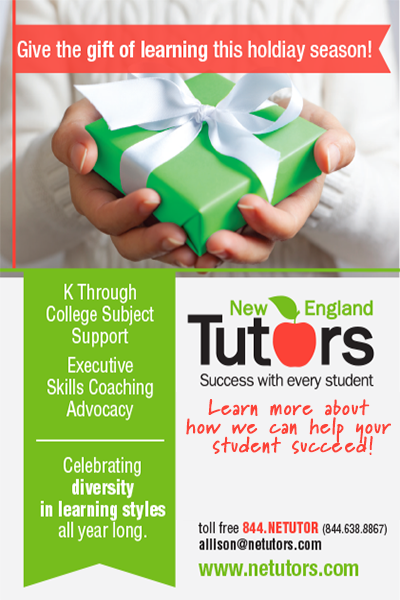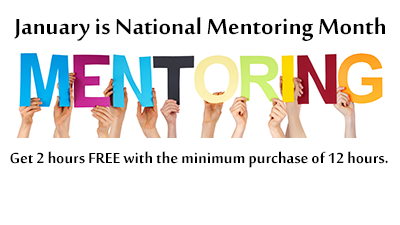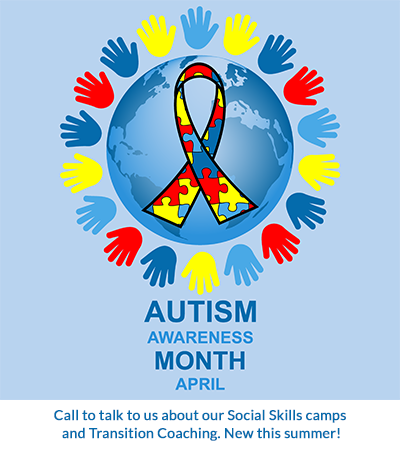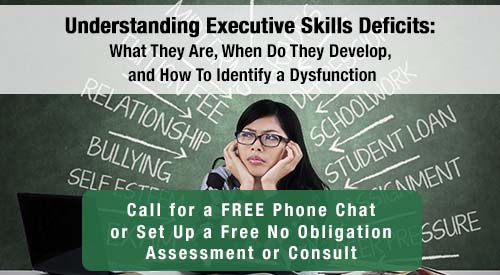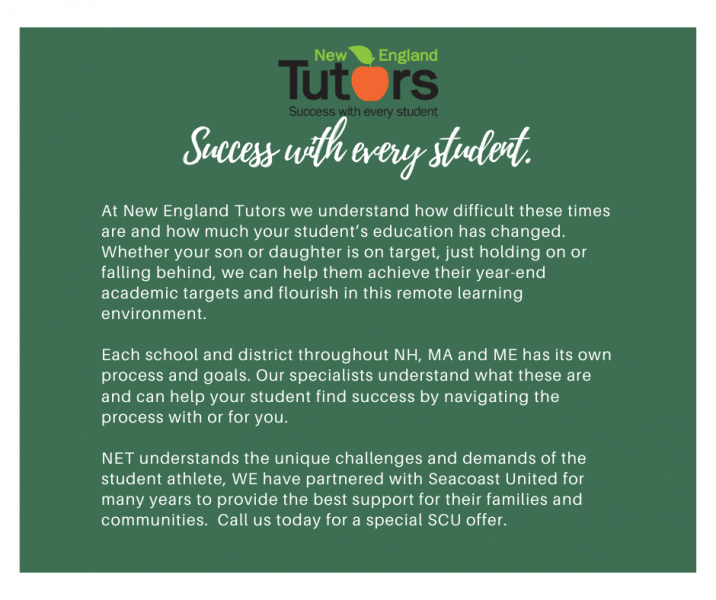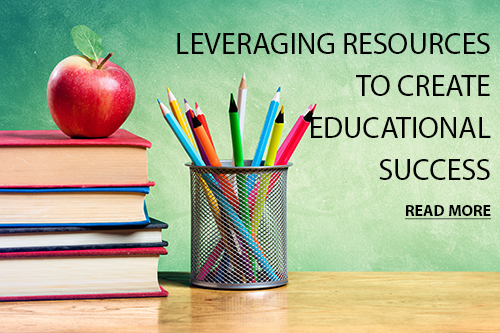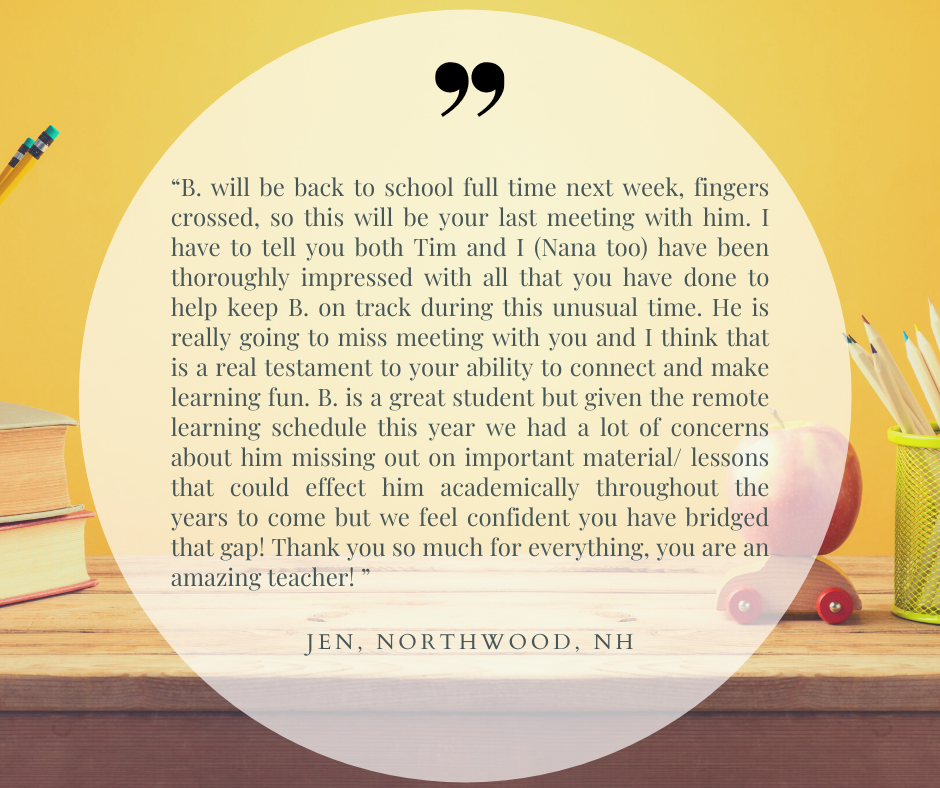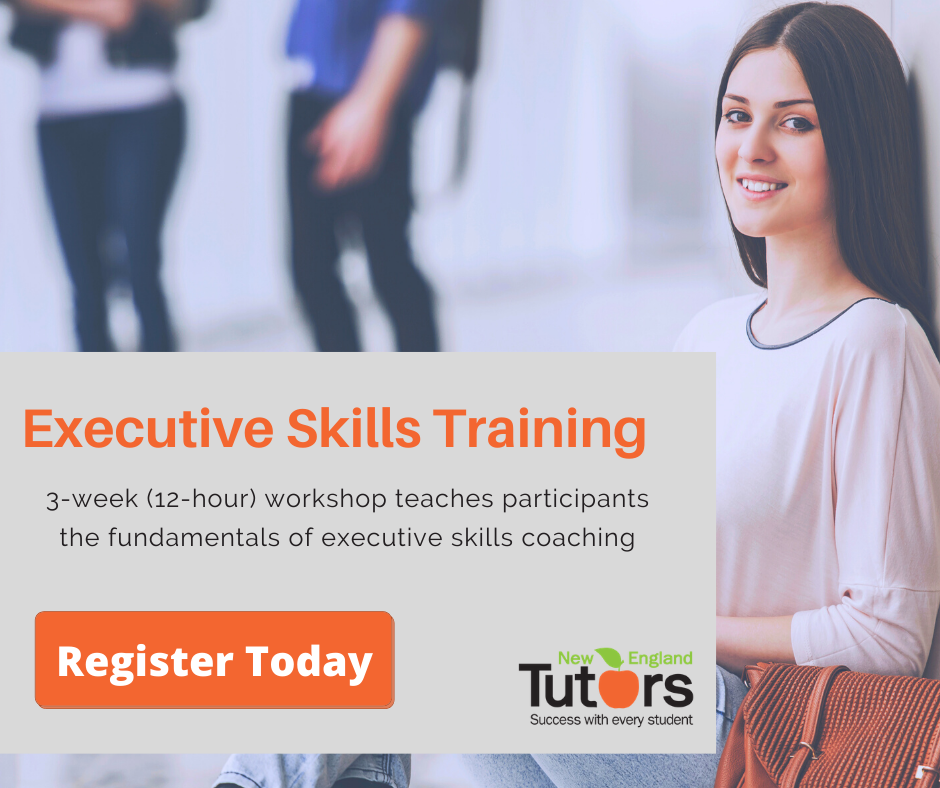As we enter the last semester of the 2022-2023 school year, we have more insight into the effects of COVID on our students and their educational progress over the past four years. Instead of working to return things to the way they were before COVID, now is the time to assess the data, understand its implications and evaluate our approach in the classroom and at home. Then we can determine the best way to move forward.
Consider the following:
For more than two years, students experienced learning at a different pace and intensity. While they may have acquired different skills, they also experienced gaps in critical skills that would have been gained at school through in-person learning. Every student’s educational experience, progress, mental health and social/emotional learning skills were challenged.

- In math, the results were especially devastating, representing the steepest declines ever recorded on the National Assessment of Educational Progress (NAEP), known as the nation’s report card, which tests a broad sampling of fourth and eighth graders and dates to the early 1990’s.
(Source: New York Times – http://www.nytimes.com/2022/10/24/us/math-reading-scores-pandemic.html) - Academic declines on NAEP were sweeping, spanning low-income and wealthier students, boys and girls, and most racial or ethnic groups in both subjects (reading and math) and grades (4th and 8th).
(Source: Educational Week – https://www.edweek.org/leadership/two-decades-of-progress-nearly-gone-national-math-reading-scores-hit-historic-lows/2022/10) - A recent KFF analysis found the share of adolescents experiencing anxiety and/or depression increased by one-third from 2016 (12%) to 2020 (16%), although rates in 2020 were similar to 2019. Rates of anxiety and/or depression were more pronounced among adolescent females and White and Hispanic adolescents –
(Source: https://www.kff.org/coronavirus-covid-19/issue-brief/headed-back-to-school-a-look-at-the-ongoing-effects-of-covid-19-on-childrens-health-and-well-being) - High schoolers who felt connected to somebody at their school – whether a peer or an adult such as a teacher or a guidance counselor – reported much lower rates of mental distress and suicidal thoughts. School closures, however, broke these protective connections and left the most vulnerable children most isolated.
(Source: The Atlantic – https://www.theatlantic.com/ideas/archive/2022/06/covid-learning-loss-remote-school/661360/)
Using data to understand our current circumstances will help us develop a plan for our students’ futures. Equally important is everyone’s role in understanding their student’s individual needs. Our educational environment has changed significantly since 2019 and the onset of COVID. In some ways it fast-tracked changes that we already saw emerging and, in many ways, it presented new challenges. By using this information to define action items we can create a stronger future.
What Now…
While it’s human nature to feel the depth and gravity of what we’ve “lost” in this time, our students (and teachers) have persevered. Despite their talents and curiosity being put on hold, students are eager to experience all that in-person school has to offer – the classes, the specials (art, music, STEAM, Physical Education, etc.), the clubs and the social opportunities. This entire package is incredibly important for their mental health, including their social and emotional learning skills.
To help them find success, we need to look at the entire educational experience through a different lens. Across every grade and classroom there are unique learning abilities and a diverse mix of skills among the students. We can’t assume that because a student is in XX grade that their skills align with that. They may be strong in some subjects yet need support in others. The standard approach of teaching to a grade simply won’t work. It’s not about “playing” catch-up, it’s about helping our students to advance individually, build their academic and social skills, and develop their confidence.
Our teachers and districts are faced with an interesting challenge as they redefine their curriculum and find ways to teach the group while also challenging the students individually. When these two efforts align our education practices will flourish and our students will thrive.
What did we learn…
In many ways we were reminded of the significance of a caregiver’s role in their student(s) education: You continue to be the best advocate for your student. You know their strengths; you see opportunities for them and you can understand what challenges they are facing IF you ask questions and listen. Now, more than ever, we need to talk to our students and truly listen to them.
Talk to your student, their teacher and the school…
Open ended questions are important. When you take the emotion out of your questions your student won’t feel “threatened”. You want to empower your student to be their best and you want the school to do the same. When they feel listened to and supported, at home, at school and by friends, they embrace their potential and really start to apply themselves.
Ask Your Student:
- Are you enjoying what you are learning? (any interesting projects)
- Is there anything you may need?
- Can I do anything to help?
- Are you able to ask questions and get help when you need it?
- Are you feeling challenged? Are you bored?
- Did you get to spend any time with friends today?
Ask the Teachers and School:
- Does the classroom structure foster group learning and individual growth?
- Is my student struggling with anything? (You and your student may have questions and concerns that are not evident in the report card. Ask about them. Similarly, there may be strengths that are not evident in the report card, ask about them.)
- Can my student have some help with XXX? Explain why.
- Could you explain the grading system?
Personally consider the following based on what you learn from your student and the school:
- Can you supplement their experience at school to make sure they are getting what they need?
- Is the environment the right match for your student or are changes needed (classroom, school, etc.)?
Above all, continue to ask questions, listen and watch. This is about their education, social health and mental health. Our students have the rest of their life to get to where they’re going. It’s good to be aware of milestones and goals but let their personal skills help shape that. It’s important to set goals and help them work towards them but don’t let age or grade define these. Let their ambitions and individual skills define this. Now is a wonderful opportunity to teach them personal growth and accountability through experience.
For more than 15 years, New England Tutors has been guiding students through their educational journey and helping them to get back on track. Our proven one-to-one, personal approach builds confidence and skills. This is our most valued service and a life-changing experience for our students.
If you need support to help them pursue their educational interests and further challenge their skills, then New England Tutors is here to help. For more information about our Executive Skills Coaching and Academic Tutoring, call 844-NETUTOR Ext. 700 or email allison@netutors.com.



